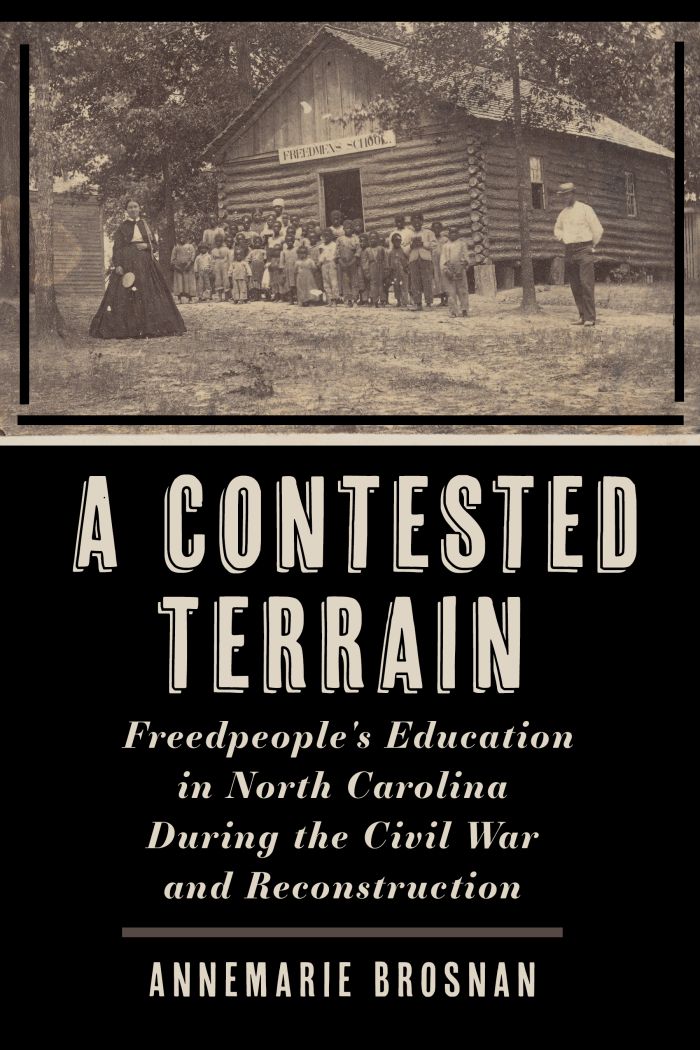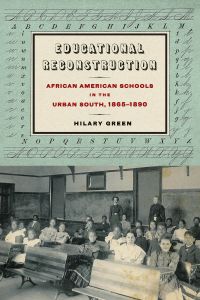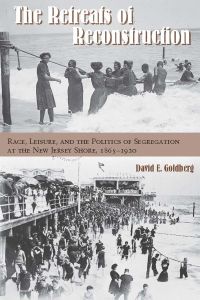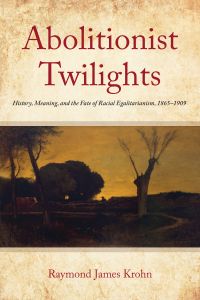A Contested Terrain
Freedpeople's Education in North Carolina During the Civil War and Reconstruction

This book can be opened with

A testament to the resilience and determination of Black North Carolinians to achieve educational equality
This book examines the educational experiences of Black North Carolinians during the American Civil War and Reconstruction period, 1861–1877. By highlighting the collaborative efforts that led to the growing network of schools for the formerly enslaved people, it argues that schooling the Freedpeople was a contested terrain, fraught with conflicting visions of Black freedom and the role education should play. Although Black men and women emerged as the driving force behind the educational endeavors of this period, their work was facilitated by Northern aid and missionary societies, the federally-mandated Freedmen’s Bureau, and over 1,400 teachers from various regional and racial backgrounds. Yet the educational landscape was far from uniform, and the individuals and organizations involved had their distinct visions regarding the nature and purpose of Freedpeople’s education.
Through the use of qualitative and quantitative research methods, this book offers new insights into the reasons why Black and white Northerners and Southerners elected to become teachers. By examining their diverse motivations and experiences, it argues that attitudes toward Freedpeople’s education were complex and fluid, defying neat characterization.
Despite mounting obstacles and opposition to their work, Black North Carolinians’ unrelenting quest for education ultimately gave rise to free public schooling for both races, the professionalization of Black teachers, and an extensive network of Historically Black Colleges and Universities.
A Contested Terrain stands as a significant addition to the historiography surrounding the education of freedpeople during and after the Civil War. It broadens our comprehension of the profound significance that education held for freed individuals in North Carolina, underscoring their unwavering belief in education's potential to catalyze transformative change. Beyond its wealth of evidence and eloquent prose, this book is indispensable reading for anyone seeking a deeper understanding of how the endeavors of freedpeople in the initial decades post-emancipation shaped the trajectory of North Carolina's future.—Christopher M. Span, University of Illinois, Urbana-Champaign
. . . A Contested Terrain makes a significant contribution to the historiography on North Carolina’s Reconstruction experience. Brosnan’s solid research clearly shows that early efforts to educate recently freed Black men, women, and children was often a tug of war, pulling them in many different directions over religious, social, and political ideologies.—Emerging Civil War Blog
List of Abbreviations | ix
Introduction | 1
1 The Civil War and Early Reconstruction Period in North Carolina | 11
2 To “Enjoy the Benefits of a School”: Black North Carolinians and the Quest for Education | 20
3 A Diverse Group of Educators: Freedpeople’s Teachers in North Carolina | 41
4 Answering the Call to Teach: Interrogating Teacher Motivations | 68
5 The Textbooks Used in North Carolina’s Schools for the Freedpeople | 96
6 Life in Reconstruction North Carolina | 109
Epilogue: The Struggle for Educational Equality Continues | 125
Acknowledgments | 131
Notes | 133
Bibliography | 173
Index 195




